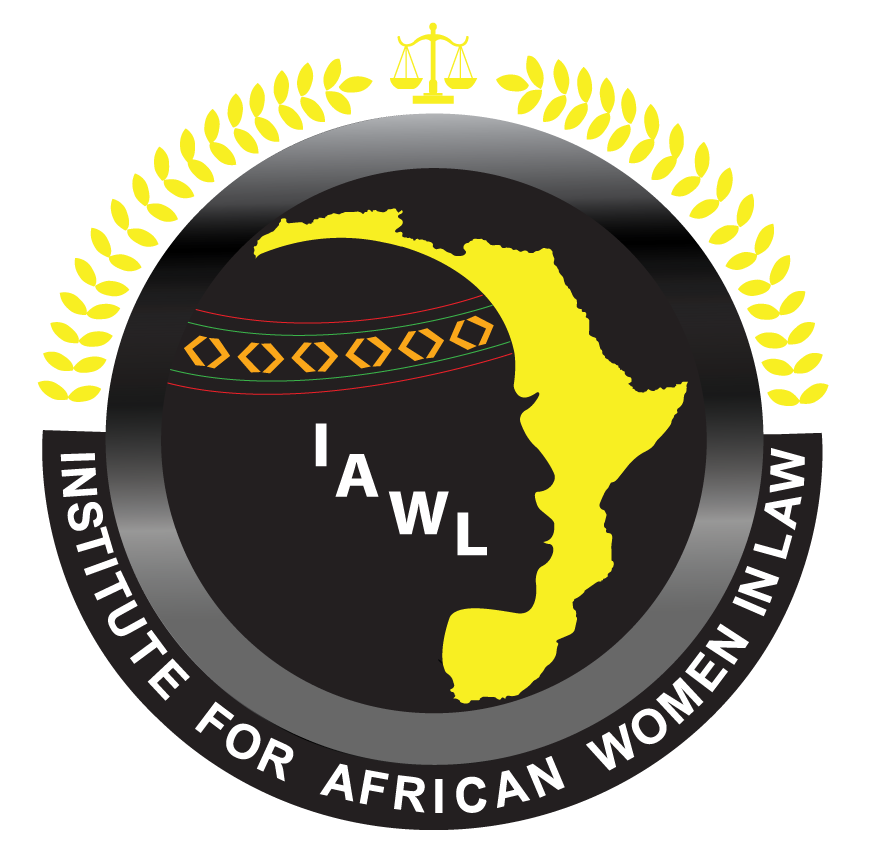The Disruption of Women’s Rights in the face of the COVID-19 Pandemic in Uganda
- IAWL

- May 5, 2020
- 3 min read
*By Eunice Musiime

Across the globe, there is increasing evidence of the disproportionate impact of the COVID-19 pandemic on women and girls’ rights. Arguably, this has been due to pre-existing structural inequalities that affect preparedness, response, mitigation, and recovery of economies. A Covid-19 inspired issue brief by UN Women on ending violence against women and girls (VAWG) noted that alongside increased reports of VAWG, there are greater complexities of violence emerging. The UN Women brief references lessons learnt from the Ebola pandemic that demonstrated that multiple forms of violence are exacerbated within crisis contexts, including trafficking, child marriage, and sexual exploitation and abuse. Thus far, stories from countries that had early experiences of the virus confirm that COVID-19 is set to follow similar trends. The current pandemic and how several governments have responded provide a treasure trove of information on how women’s rights have to be addressed pre- and post-crises.
Take for example, the disruption of access to justice. Women and girls are in particular danger of being adversely affected in the administration of justice, access to legal remedies, and dispute resolution. The capacities of legal systems, even in the most developed countries, are proving to be inadequate, with courts in some instances deliberately cutting back on processing cases or even temporarily shutting down in response to the COVID-19 pandemic.
By contrast, some countries have instituted special provisions and response strategies in order for women to access justice despite the prevailing circumstances. Notably, Ethiopia[1] has continued to hear domestic violence cases with minimal interruption. Other countries are using virtual means to keep the justice system operating, such as enabling domestic violence survivors to utilize teleconferencing during court proceedings and putting in place measures to ensure access to the courts, including legal advice, psychosocial advice, and police availability as required.
In Uganda, The Association of Women Lawyers (FIDA-U), a premier women’s rights nongovernmental organization that uses law as a tool for social justice, has also adapted to virtual service provision. In an interview with Chief Executive Officer Ms. Lilliane Adriko, she noted that FIDA-U has had to adjust to the times in order to adhere to the new social distancing rules put in place by the government. As feared, the organization has so far seen a 133% increase in reports of domestic violence [2]. Fortunately, FIDA-U has been able to leverage existing relationships to refer cases to duty bearers such as the Police Family and Child Protection Unit and Probation Officers, and has continued to lobby and advocate for gender responsive strategies from the government, the pandemic notwithstanding.
The seedy response that governments have put in place that ignore women’s human rights exemplify the pre-existing structural inequalities that have for long not been addressed. For example, the lack of shelters for domestic violence survivors to find refuge from threats at home is one of the glaring gaps in this response. This has been a long-standing demand by women rights activists across Africa. The COVID-19 response is indeed teaching us that both practical needs and strategic interests to advance women’s rights are essential services. We hope the lessons from this pandemic will be the spark that makes it happen. Women’s human rights cannot be suspended in pre- or post-crisis. They must be placed at the front and center of any intervention.
[1] Xinhua March 18 Ethiopia Closes federal courts for 15 Days in latest anti COVID-19 Measures
[2] Interview with Ms Lilliane Adriko the Chief Executive Officer, Association of Women Lawyers in Uganda held on 23rd April 2020.

*Eunice Musiime is a Lawyer, Feminist Leadership Specialist and current Executive Director of Akina Mama wa Afrika.
The views expressed in this entry belong solely to the author.
